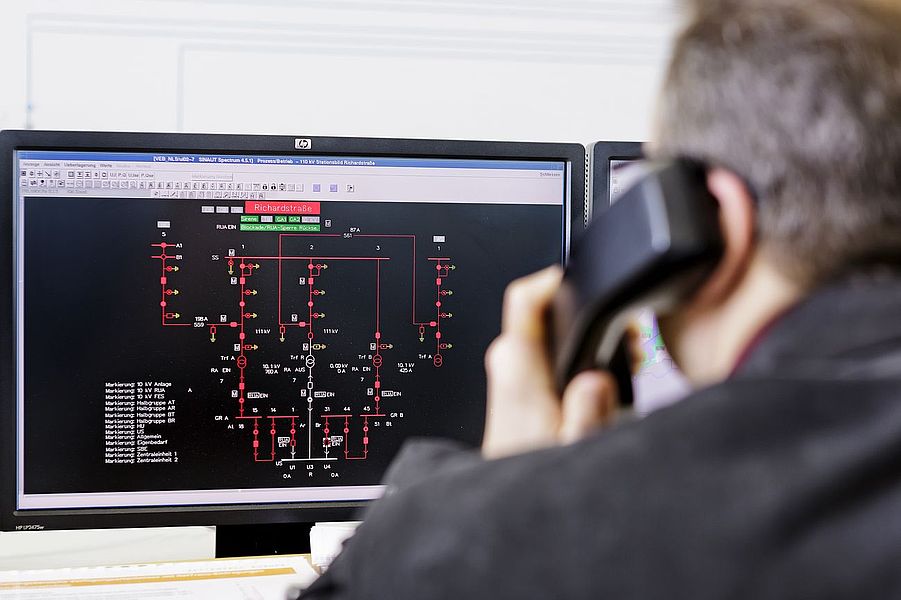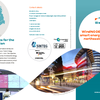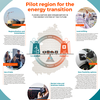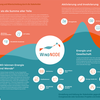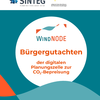Norms and standards are intended to reflect the state of technology on the basis of consensus and, as such, act as the foundation for a wide-scale, efficient and cost-efficient application. This aligned cooperation within the industry is essential to achieving broad market infiltration. Norms and standards are, therefore, also paramount to the efficiency of future energy systems.
The Deutsches Institut für Normung (DIN, German Institute for Standardization) focusses on the vision of a successful energy transition from a standardisation standpoint. The starting point consists of technical rules that are used across the board. Some first partial aspects for a comprehensive framework, so-called DIN SPECs, have been developed within WindNODE.
A DIN SPEC gives innovative consortia the opportunity to create their own standards from the get-go and, as such, lowers the threshold for amalgamation into standardisation processes. The result of a DIN SPEC process is a market-compliant standard. Such standards build up acceptance and trust and, at the same time, as well as granting access to a network of potential customers and partners. Consequently, a DIN SPEC prepares the market for new products. The format is, therefore, particularly suited to a partner project and living lab such as WindNODE.
WindNODE’s central question concerns how power grids can be kept stable when the majority of the electricity originates from renewable sources. One approach is the WindNODE flexibility platform with the intention of making it possible to use distributed flexibilities to manage bottlenecks. Similar platforms have also been developed in other SINTEG showcase projects. In order to function, the prerequisites for participation in the flexibility platform and the interfaces between flexibility providers and the platform must be described.
Therefore, the first DIN SPEC, which was initiated within WindNODE together with 50Hertz, Stromnetz Berlin and other partners, treats with flexibility platforms. The other SINTEG showcase projects that work on platforms for the procurement of flexibility were also on board. This first DIN SPEC with number 91410-1 and entitled “Energy flexibility - Part 1: Provision of flexibility for the congestion management of electrical power grids - Requirements for the voluntary participation of suppliers in a flexibility platform” has now been published.
It defines which organisational, procedural and technical prerequisites must be met and lists the technical interfaces and data formats required for automatic communication. On this basis, bidders can participate on a voluntary basis and place flexibility bids via the platform. The minimum requirements in the DIN SPEC ensure that the corresponding flexibility for grid congestion management is readily available and that the necessary follow-up processes can be accomplished.
The DIN SPEC was able to piece together important findings of the research project and also keep them at hand after the project ends. As such, the document represents the first building block for comprehensive technical regulation. Two further WindNODE DIN SPECs are currently in progress. This way, WindNODE standards can contribute to the creation of international standards beyond the foreseeable future.
More Information:
The DIN SPEC can be obtained here.
